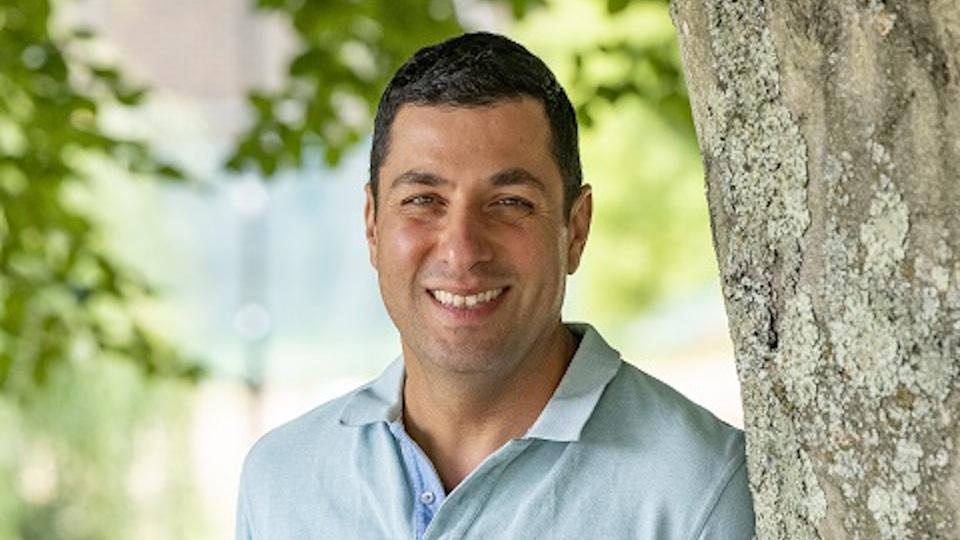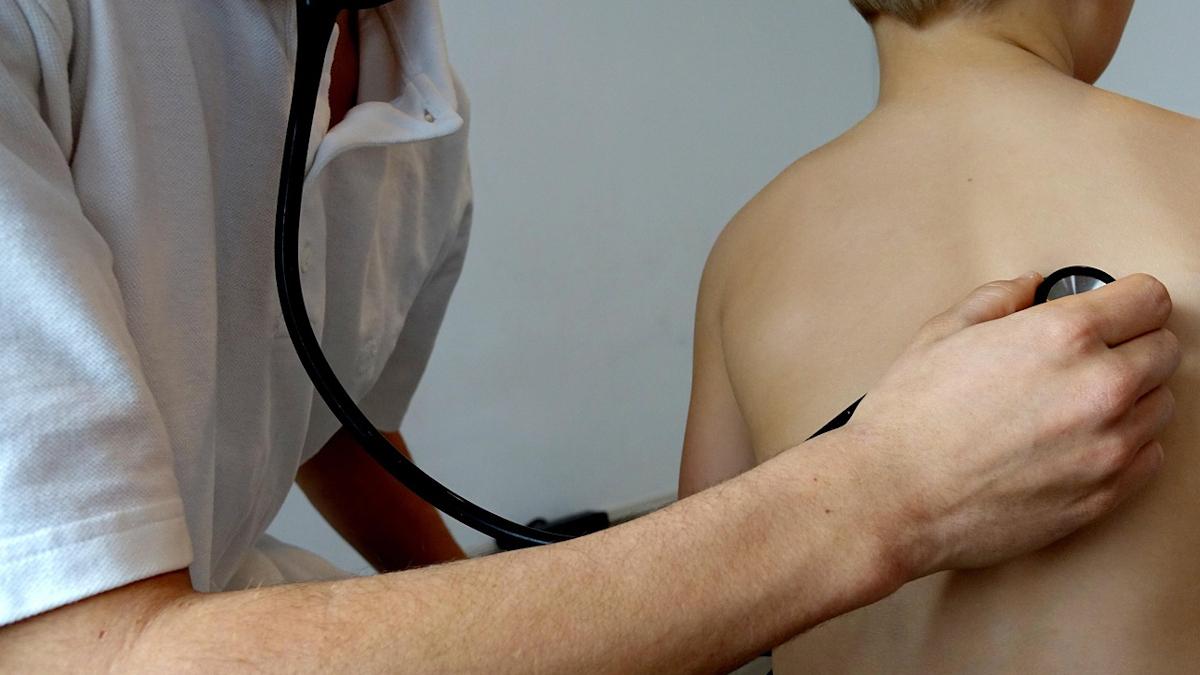UK biotech Curve swings £40.5m in Pfizer-backed round

University of Southampton scientist Prof Ali Tavassoli, who is Curve's chief scientific officer
Southampton, UK-based start-up Curve Therapeutics has completed a £40.5 million ($51 million) in Series A financing for its drug discovery platform that enables drug screening within cells.
The round was led by Pfizer’s investment arm Pfizer Ventures, with Columbus Venture Partners and British Patient Capital joining the round along with prior investors Advent Life Sciences and Epidarex Capita.
The proceeds will be used to develop Curve’s Microcycle drug discovery platform, which the company says enables the direct discovery of biologically active molecules against targets that have been difficult to address using conventional drug discovery methods.
It allows functional screening and enrichment of gene-encoded libraries of cyclic peptides within the cytoplasm of mammalian cells to identify candidates that have a desired biological activity against a therapeutic target in situ. That means the target will be in its natural intracellular state, which may not be the case when conventional assay-based screening is carried out on targets immobilised in biochemical buffers.
Often, compounds that bind to the target in current screens don’t have the required biological function and, unlike Curve’s Microcycle peptides, are not readily converted to easier-to-dose, small-molecule lead compounds.
Microcycle emerged from research conducted by Professor Ali Tavassoli’s group in the Department of Chemistry at the University of Southampton, who is an expert in protein-protein interactions in cell biology and chief scientific officer at Curve.
The approach has already generated a 2022 partnership with MSD (known as Merck & Co in North America) worth up to $1.7 billion and spanning up to five targets in oncology and neurology.
Curve, meanwhile, is developing its own pipeline of drug candidates led by a small-molecule dual inhibitor of HIF-1 and HIF-2, which are expressed at higher-than-normal levels in more than half of all solid tumours.
The company has said it thinks the dual inhibitor will have a “significant clinical advantage” in renal cell carcinoma (RCC) and other solid tumours compared to HIF-2 selective inhibitors currently in development.
That HIF-2 group is headed by MSD’s Welireg (belzutifan), which has been approved by the FDA for RCC and various rare von Hippel-Lindau (VHL) cancers and originated from MSD’s $2.2 billion acquisition of Peloton in 2019.
Simon Kerry, Curve’s chief executive, said the financing will help fund the company for around three years and will be used “to expand our team, progress our lead assets into the clinic, and to expand our drug discovery platform.” Other discovery programmes at Curve are focused on ATIC, RAS, and FOXA1.













